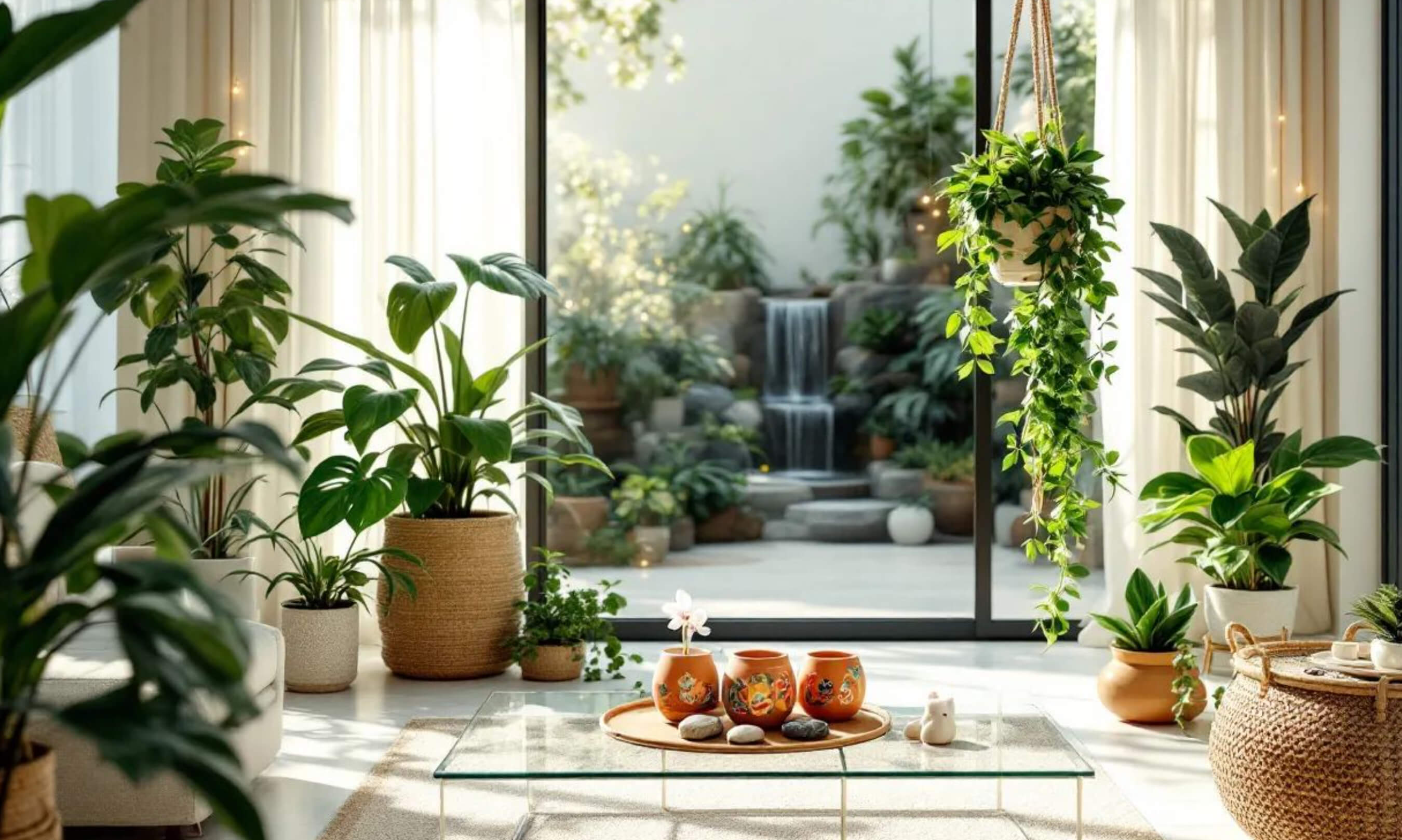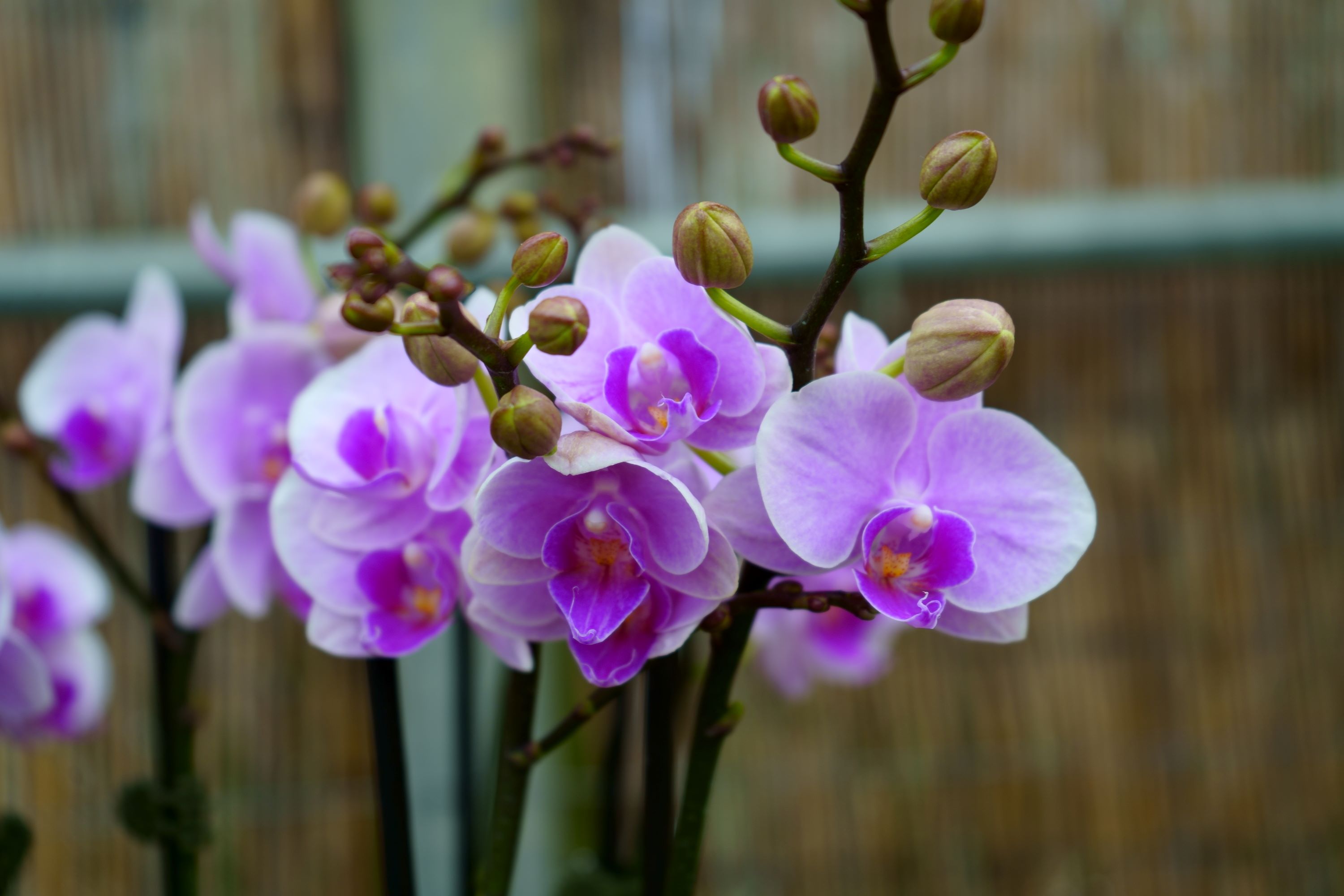- Home
- Fertilizing
- Compost Tea
Compost Tea For Orchids
Compost tea is one of my favorite subjects to talk about and you will see why when you apply it to your plants. I still remember the first time that I used compost tea, and how amazing it was to see plants responding almost immediately to it with vigor and robustness, taking on a healthy, lively and appreciative look. It adds beneficial microbes, fungi, nutrients and trace mineral to your plants and they really love and appreciate it.

Why Use Compost Tea?
Compost tea isn’t just another fertilizer—it’s a living, microbial superfood for your plants. Here’s why it’s worth the effort:
- Instant plant revival: Watch stressed orchids perk up within hours of foliar feeding.
- Disease defense: Beneficial microbes outcompete harmful pathogens.
- Nutrient boost: Delivers trace minerals and organic nutrients in plant-ready form.
- Root & leaf love: Works as both a soil drench and foliar spray for full absorption.
Heavenly Orchids participates in affiliate marketing programs, which means we may earn commissions on qualifying purchases made through our links. We only recommend products we genuinely believe in. Thank you if you use our links, we really appreciate it.
Grow Thriving Orchids! Sign Up for Exclusive Care Tips & Tricks!
What is Compost Tea?
Microbial tea is an organic fertilizing solution mix that provides beneficial microbes, fungi and nutrients to your plants. It is made with a base of compost or earthworm castings with additional ingredients such as kelp, molasses, bat guano, Azomite A-Z trace minerals, and other organic ingredients, there can be many variations and ingredient that it can be made with.
How to Make Microbial Compost Tea
One of the most important things to do before you begin, is to dechlorinate the water source that you will be making the compost tea in. You can do this simply by filling a five-gallon bucket with regular tap water and leaving it out to sit for at least a day to let the chlorine evaporate. If you have a reverse osmosis system, you can skip this step and begin. You will need a porous bag (a paint strainer works really well and is reusable), some compost or fresh earthworm castings, unsulfured molasses, kelp liquid, some Azomite trace mineral powder, bat guano, an aquarium pump with air stone aerators.

- Complete kit—ready to use instantly
- Durable aluminum & copper construction
- Powerful 1,110 GPH oxygen boost
- 8-way adjustable airflow control
- Versatile for aquariums & ponds
Once your water is dechlorinated, set your air stones on the bottom of your 5-gallon bucket of water. The air stones are connected to the pump by flex hose which you just drape over the side of the bucket and into the water. You will need to be near an electrical source to plug in your pump or have an extension cord to run to your pump. (⚠️ Warning: The air pump remains outside the bucket and compost tea* can stain surfaces. Always brew outdoors on soil/gravel!)
Once the tea is being made, some of the bubbles will overrun your 5 gallon bucket and could stain concrete or wood surfaces, so make sure the surface that you place your bucket on is both solid and permeable (soil, gravel, or mulch). Choose an area of your garden that is shaded from hot sun to make the tea and use the tea soon after it is made. I use up the whole batch as soon as it is ready because that is when the microbes are the most active and alive.
Making the Tea
To make the tea:
- place about 4 cups of compost or even better, fresh worm castings into your porous bag.
Add:
- 2 tablespoons of bat guano to the worm castings.
- 2 tablespoons of blackstrap molasses,
- 2 tablespoons of liquid kelp fertilizer, and
- 2 teaspoons of Azomite A-Z trace minerals to the water.
Turn on your aeration pump. Allow 24 hours for the microbial activity to flourish, and that's it, you now have five gallons of compost tea fertilizer teaming with beneficial microbes, fungi, minerals and nutrients that your plants are going to love. The tea will be full of bubbles and will have an incredibly earthy good smell.

- Boosts Blooming with Natural Cytokinins
- Enhances Root Health and Growth
- Packed with Essential Nutrients
- Eco-Friendly and Sustainable
How to Apply Compost Tea
Compost tea can be applied directly to the growing medium that your plants are in, or can be applied as a foliar feed. I use both, and your plants will especially love the foliar feed. You can simply fill a watering can with your compost tea and give your plants a cup or two each. For the foliar feed, make sure you strain your compost tea mixture before adding it to your pump sprayer. I like to use a double paint strainer method (one strainer inside the other) to filter my compost tea. First strain the tea into another 5-gallon bucket and then strain again as you are pouring the tea into your sprayer container. This is to avoid clogging the nozzle of your sprayer with any little pieces of compost or other organic matter that gets loose in the tea making process. Pressurize your sprayer and liberally spray the roots and leaves of your orchids and other plants. This can be a messy process and is best to do in an outdoor area. If you are doing this indoors, bring your plants to a room with an easily cleanable surface. I like to do this twice a year as a special treat for my orchids and other plants.
The Benefits of Microbial Action
Compost tea is teeming with billions of beneficial microbes, nutrients, beneficial fungi and trace minerals with the addition of Azomite A-Z trace minerals mentioned above. From my experience all plants benefit from the application of compost tea. There is a clearly visible immediate difference especially with a foliar application. Within minutes, plants take on a healthy and vibrant appearance. The addition of the beneficial microbes and nutrients make for healthier plants and the beneficial microbes are believed to be favorable in preventing disease and pests. Trace mineral and nutrients are absorbed through the leaves and roots also contributing to the vibrant appearance of plants following a foliar feed of compost tea.
We hope you found this information useful and if you like Heavenly Orchids, please join our mailing list for monthly updates.







